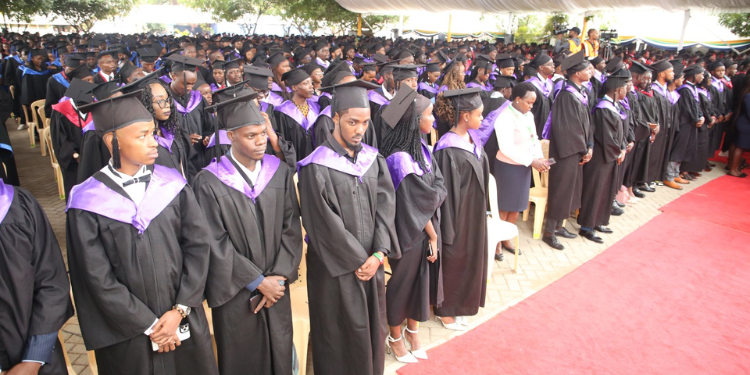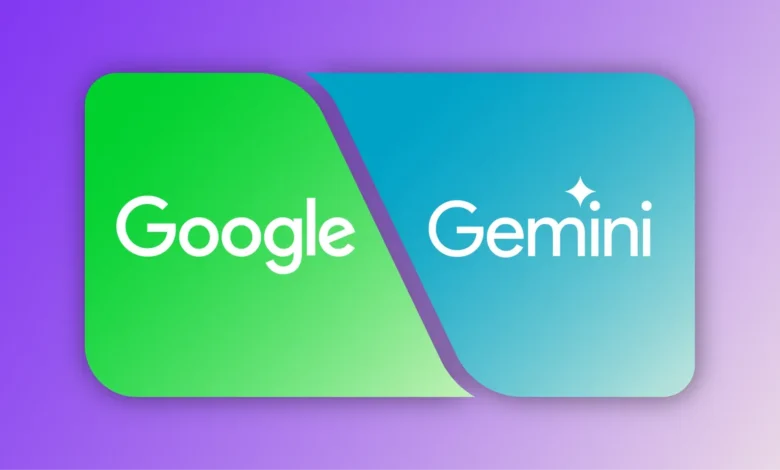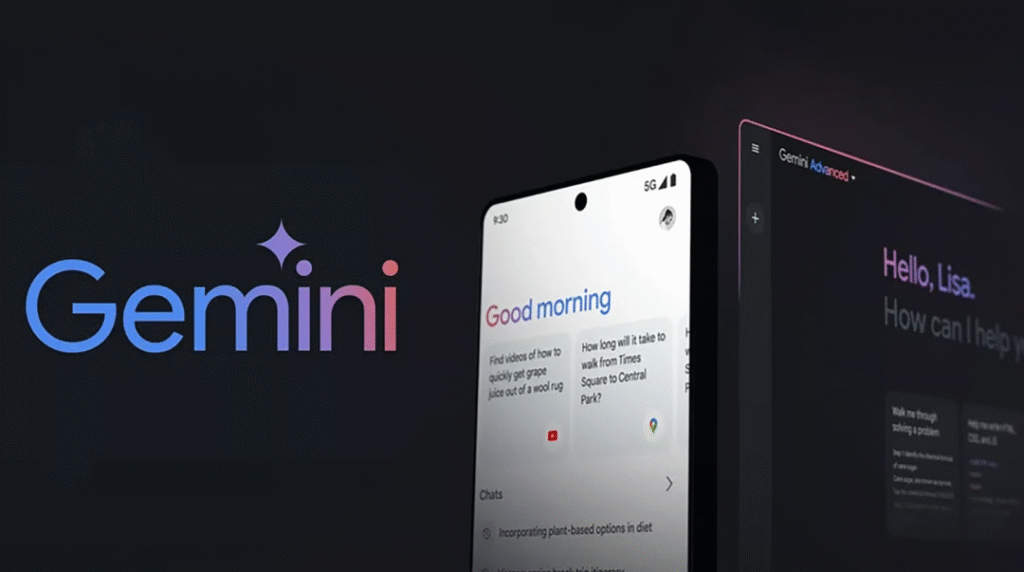In a bold step to empower young innovators, Google has announced free access to some of its most advanced artificial intelligence (AI) tools for university students across Africa. The 12-month initiative, launched on October 7, 2025, will allow students in selected countries to explore Google’s cutting-edge AI technologies without paying a single kobo.
The programme is part of Google’s new AI Pro subscription, a premium plan that combines generative AI tools like Gemini 2.5 Pro, NotebookLM, Veo 3, and Deep Research—resources designed to help students learn, research, and create more efficiently.
According to Google, eligible students must be 18 years and above and enrolled in accredited universities in Nigeria, Kenya, Ghana, South Africa, Rwanda, and Zimbabwe. Once verified, they’ll enjoy a full year of free access before the subscription expires.
Education experts have described this initiative as a “game changer” for African students, offering a level playing field in a world increasingly driven by AI and digital skills.

Table of Contents
Transforming How Students Learn and Create
At the heart of this offer is Gemini 2.5 Pro, Google’s most powerful generative AI model to date. It can help students write essays, generate project ideas, and even design creative works—from videos to code.
Another standout feature, Deep Research, lets users pull together accurate, well-cited academic content from verified web sources in minutes. This is particularly useful for students preparing dissertations or long essays that require extensive literature reviews.
The NotebookLM tool, on the other hand, is like a virtual study assistant. It organises class notes, connects ideas, and makes revision easier by summarising key concepts. Students can feed it lecture slides, PDFs, or notes, and it will generate simplified explanations.
Creative students are also not left out. With Veo 3, they can turn written prompts or photos into short, AI-generated videos—ideal for academic presentations or media projects.
To top it off, Google is giving each participant 2 terabytes of cloud storage across Drive, Gmail, and Photos. This generous capacity allows students to save large research documents, photos, and videos securely online, without worrying about storage limits.

How to Sign Up and Key Deadlines
The registration process is straightforward. Interested students must verify their university email or upload proof of enrolment to activate their access. Although Google requires users to confirm a payment method for verification, no charges will be deducted.
The offer began on 7 October 2025 and will remain open until 9 December 2025. Once activated, students can begin exploring the tools immediately and keep them free for one year.
This initiative is a continuation of Google’s ongoing efforts to build Africa’s digital ecosystem. It follows successful projects like Google for Startups Accelerator Africa and Digital Skills for Africa, which have trained millions of young Africans in coding, entrepreneurship, and data analysis.
Speaking during the launch, a Google spokesperson said the goal is to “equip African students with the AI literacy and practical tools they need to lead in a technology-driven future.”
The Bigger Picture: Impact on Education and Innovation
Beyond free access, the move represents a strategic investment in Africa’s digital future. As AI becomes integral to modern industries—from healthcare and agriculture to business and media—students who understand and can use AI tools will have a head start.
For Nigeria and other participating countries, the offer could narrow the digital divide that has long separated African learners from their peers in more developed regions. With Google’s AI suite, students can now access the same quality of tools used by top researchers and creators globally.
Educational analysts believe the ripple effects could be significant. Universities could adopt AI tools for more interactive teaching, while students could apply AI to local challenges—such as designing health chatbots, improving crop yields, or analysing economic data.
However, experts have also cautioned that proper digital ethics training will be necessary. Misuse of AI—such as plagiarism or over-dependence—remains a concern. There are also structural challenges like unstable internet connections, limited electricity, and the cost of compatible devices.
Despite these hurdles, optimism is high. For many African students, this is their first opportunity to explore premium AI tools hands-on. The timing is crucial, as global job markets increasingly demand AI literacy and data-driven problem-solving skills.

A Step Toward an Inclusive Digital Future
Google’s free AI access for African university students marks more than just a corporate gesture—it signals a shift toward inclusivity in global technology access.
By empowering students to use tools like Gemini Pro, Deep Research, and Veo 3, Google is not just teaching coding or content creation—it’s nurturing a mindset of innovation and problem-solving that could shape Africa’s digital economy for years to come.
For students juggling coursework, side hustles, and limited resources, this initiative could be the spark that helps them build, create, and dream bigger—with AI as their new study partner.
As applications open across campuses in Nigeria and beyond, one thing is clear: Africa’s next generation of innovators is about to get a major boost from Google’s AI revolution.
Join Our Social Media Channels:
WhatsApp: NaijaEyes
Facebook: NaijaEyes
Twitter: NaijaEyes
Instagram: NaijaEyes
TikTok: NaijaEyes





































